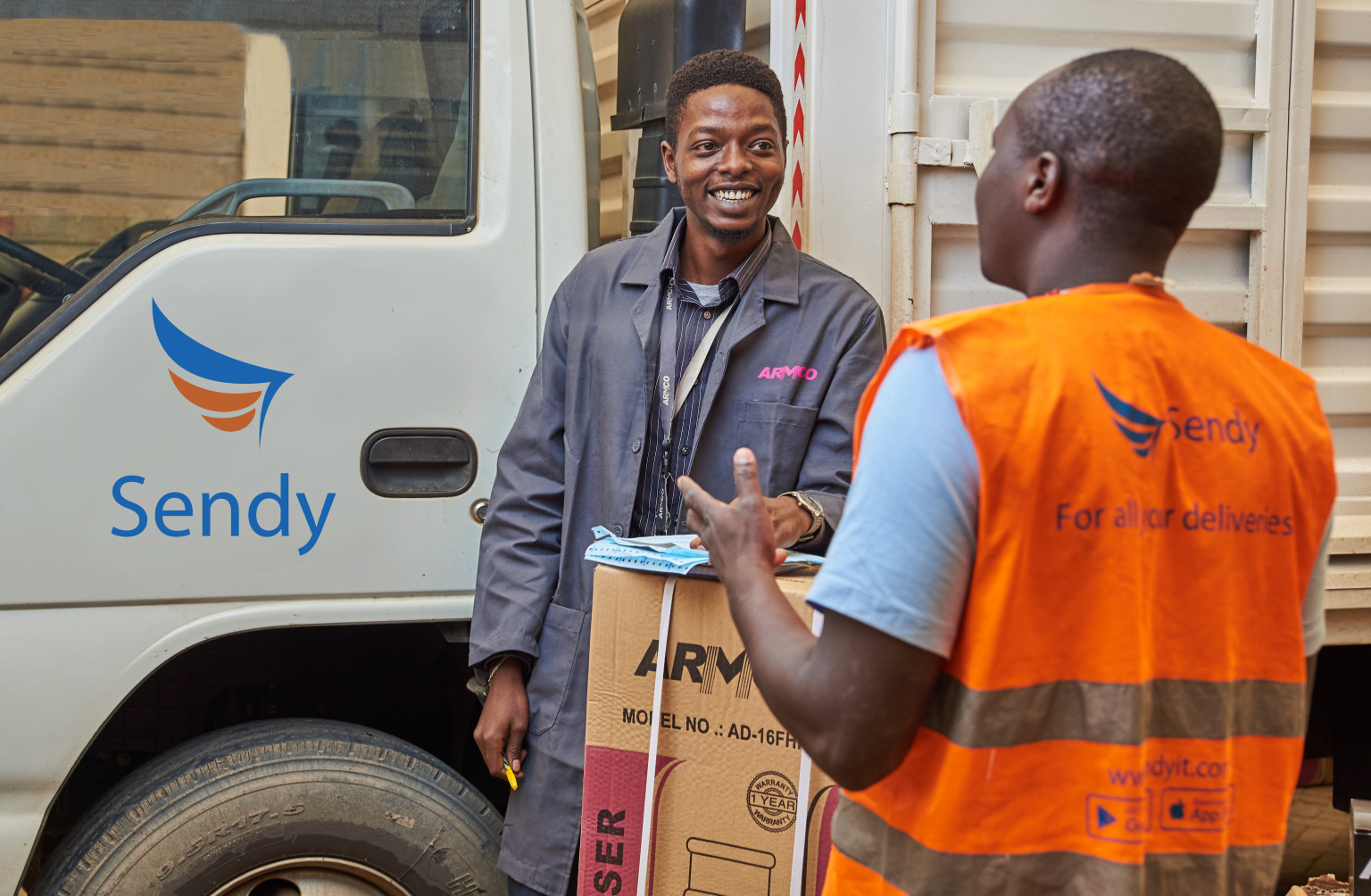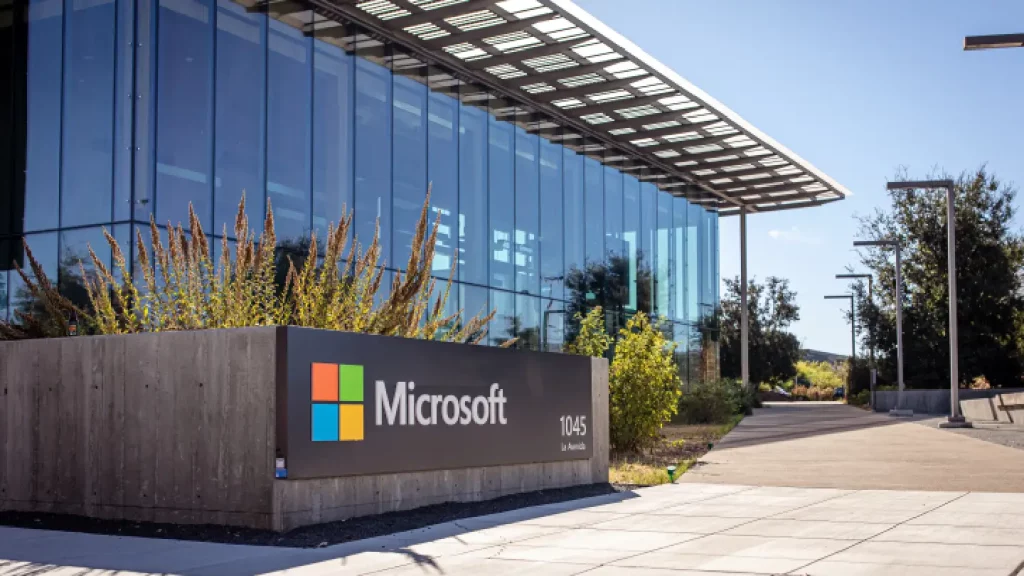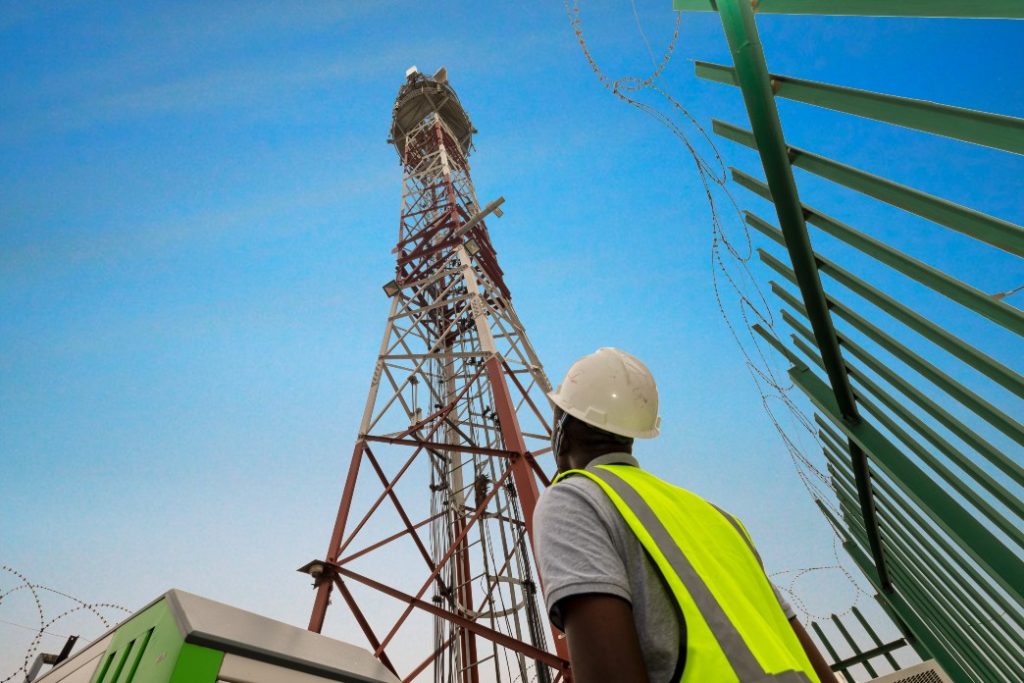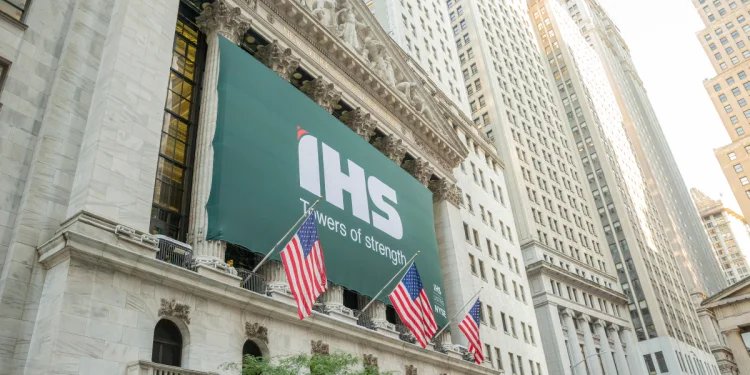Sendy has been facing a financial crisis with up to $1 million in monthly burn rate, and going into administration is the only way it can protect itself from total collapse.
Sendy, a logistics startup based in Kenya, has entered into administration, TechCabal reliably learned. Going into administration means that the company is facing financial difficulties and is seeking protection from its creditors while developing a restructuring plan. TechCabal could not verify the company appointed as Sendy’s administrator at the time of this report, and attempts to contact Sendy’s co-founder were unsuccessful.
In August, TechCabal reported for the first time that Sendy was actively seeking new buyers for its business. Amidst the negotiations, this publication attempted to reach out to interested parties to ascertain the buyout status. People with first-hand knowledge of the talks said the e-commerce companies Sabi and Wasoko were involved in those talks, although both companies declined to comment. Those talks fell through; one person with first-hand knowledge said potential acquirers were reluctant to take on Sendy’s liabilities.
Founded in 2014, Sendy showed great promise and attracted unknown funding from Spark Fund, a $1m investment vehicle by Safaricom. In 2018, Sendy raised $2 million in a Series A drive and closed a Series B round in 2020 at $20 million. Afterward, the COVID-19 pandemic started, and many companies began bleeding money. Lockdowns, travel restrictions, and reduced consumer spending impacted logistics. Supply chain disruptions also affected the manufacturing and retail industries, the sectors with most of Sendy’s clients.
Eventually, Sendy was forced to cut costs and adjust its business model to survive. Last year, Sendy began prioritising end-to-end fulfillment and stopped its operations in Nigeria. It made similar changes in Kenya, where 20% of its staff was laid off. Sendy also announced plans to connect online buyers with suitable logistics providers. This shift allowed the logistics company to move away from its asset-heavy model in Nigeria, which it adopted in late 2021 while maintaining its fulfillment services in other markets.
Despite securing an undisclosed investment from MOL PLUS in late 2022, Sendy continued to burn cash. During its most challenging period, Sendy’s monthly burn rate hit $1 million. According to a source who spoke to TechCabal, this high burn rate was driven by fuel price increases throughout 2022 and the August 2022 Kenyan elections, which created widespread uncertainty. The source told TechCabal, “Most manufacturers scaled down production,” emphasising the reduced shipment volumes for Sendy amid higher fuel expenses. Given the logistics industry’s reliance on economies of scale, handling smaller volumes presented significant challenges, including increased expenses and extended delivery times.
Have you got your tickets to TechCabal’s Moonshot Conference? Click here to do so now!




















